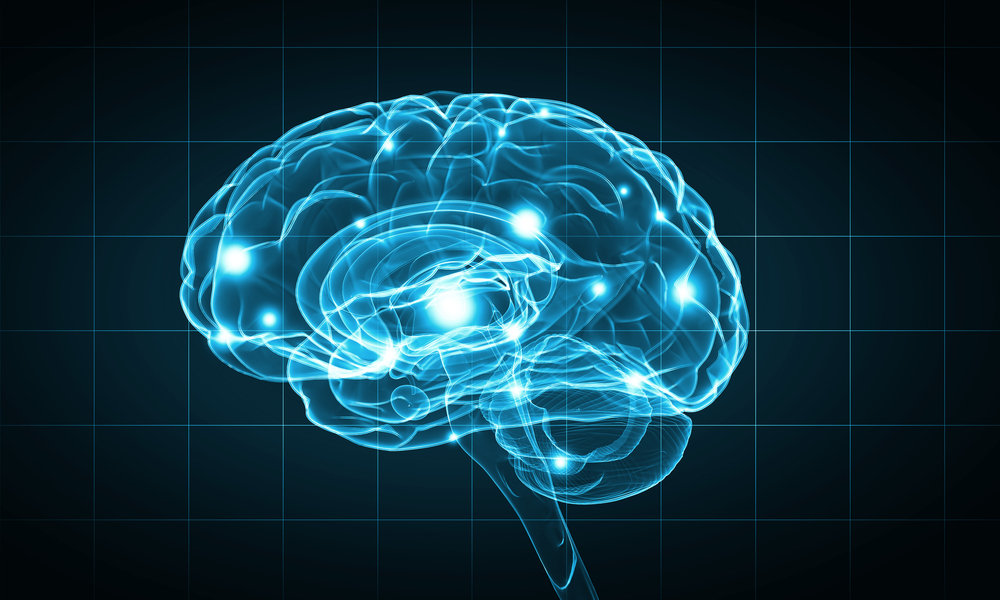Understanding How Alcohol and Drugs Affect the Brain

Within the realm of neuroscience, the human brain stands as a marvel—a complex symphony of neurons, emotions, and experiences. However, the intrusion of alcohol and drugs disrupts this intricate orchestra, weaving tales of struggle, resilience, and recovery. Understanding the impact of these substances offers insight into the human narrative underlying their effects on the brain. For individuals seeking comprehensive rehabilitation and support to overcome the detrimental impact of alcohol and drug addiction, Aroha Rehabilitation Centre in Delhi stands as a beacon of hope, offering tailored programs and compassionate care to navigate the path towards reclaiming brain health and overall well-being. Get Directions to Aroha Rehabilitation Centre in Delhi.
Alcohol’s Intrusion into Brain Function
Alcohol, a ubiquitous presence in social settings, swiftly infiltrates the bloodstream upon consumption, eventually reaching the brain. Its influence disrupts the intricate interplay of neurotransmitters, particularly targeting receptors such as GABA and glutamate. This disruption leads to the hallmark effects of intoxication—diminished judgment, impaired coordination, and lowered inhibitions.
Short-Term Disruptions Caused by Alcohol
In the immediate aftermath of consuming alcohol, crucial brain regions involved in decision-making and impulse control experience suppression. This dampening of the central nervous system induces drowsiness, blurs motor skills, and tweaks the brain’s reward system, releasing dopamine and instigating pleasurable sensations that reinforce cravings for more alcohol.
Long-Term Ramifications of Alcohol Abuse
Prolonged alcohol abuse etches lasting imprints on the brain’s landscape. Continuous exposure sparks neuroadaptation—alterations in brain structure and function. These adaptations often manifest as memory impairments, compromised cognitive abilities, and struggles in information processing. Severe cases may lead to conditions like Wernicke-Korsakoff syndrome and alcohol-related dementia.
Drugs and Their Disparate Impact on Brain Physiology
The effects of drugs on brain functions vary based on their category. Stimulants such as cocaine and methamphetamine escalate dopamine release, amplifying the brain’s reward pathways and evoking euphoric sensations. Conversely, opioids bind to specific receptors, alleviating pain and inducing pleasurable feelings.
Immediate Impacts of Drug Consumption
The immediate aftermath of drug consumption showcases a spectrum of effects contingent on the substance. Stimulants elevate alertness and vigor but may concurrently trigger heightened heart rates and paranoia. Opioids deliver pain relief and relaxation but can also prompt drowsiness, constipation, and slowed breathing. These acute changes arise from alterations in neurotransmitter activity within the brain.
Long-Term Consequences of Substance Misuse
Persistent substance misuse induces significant alterations in brain structure and function. Prolonged exposure often leads to tolerance, necessitating higher doses for similar effects, and addiction, characterized by compulsive drug-seeking behaviors despite adverse consequences. Chronic substance use can impair memory, decision-making capabilities, and alter judgment, impacting overall cognitive functioning.
Pathways to Recovery and Renewal
The brain, astonishingly resilient, possesses an innate ability to recalibrate even after substance-induced disruptions. Through abstinence and tailored interventions, the brain embarks on a healing journey. Neural pathways gradually reconfigure, aiding in the recovery of cognitive functions and emotional stability—an encouraging beacon for those endeavoring to reclaim their lives.
Navigating the Human Landscape
The impact of alcohol and drugs on the brain is profound—a narrative interweaving short-term effects, long-term repercussions, and the potential for recovery. This comprehension underscores the significance of informed choices, empathetic support systems, and compassionate interventions for individuals grappling with substance misuse.
Comprehending the intricate effects of alcohol and drugs on the brain emphasizes the need for empathy, understanding, and supportive environments as individuals traverse the path toward recovery and reclaim their innate resilience and well-being.







